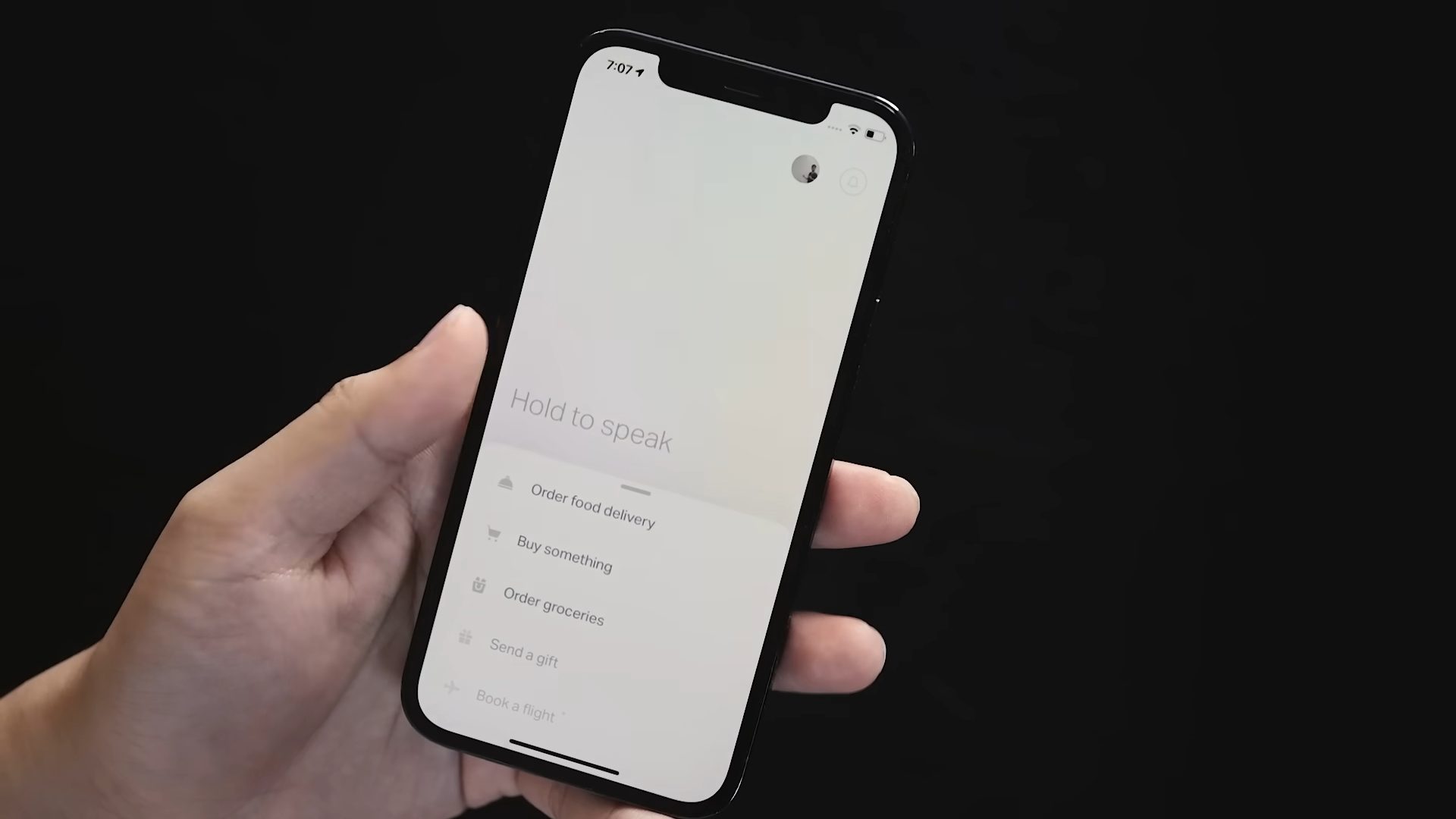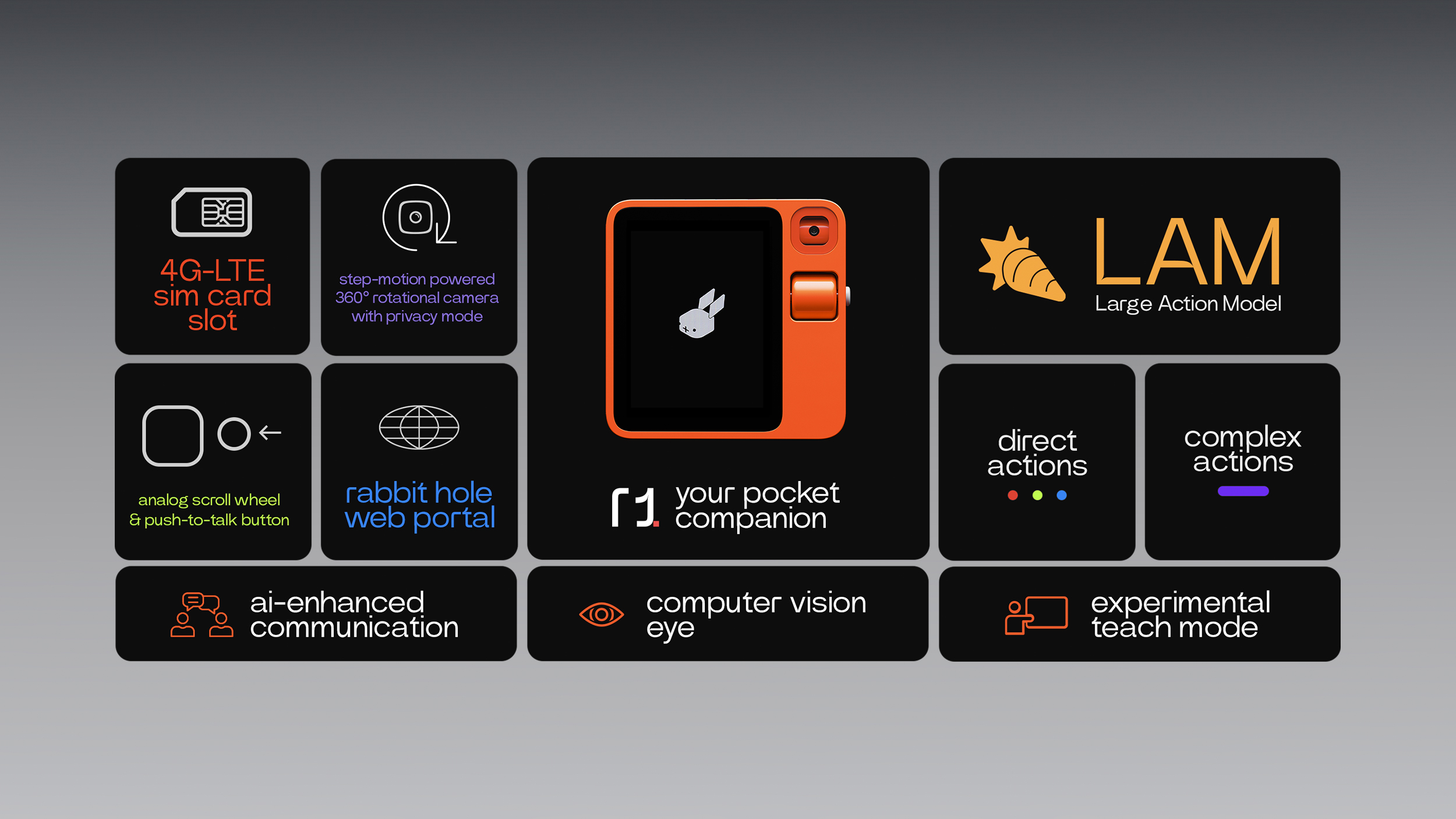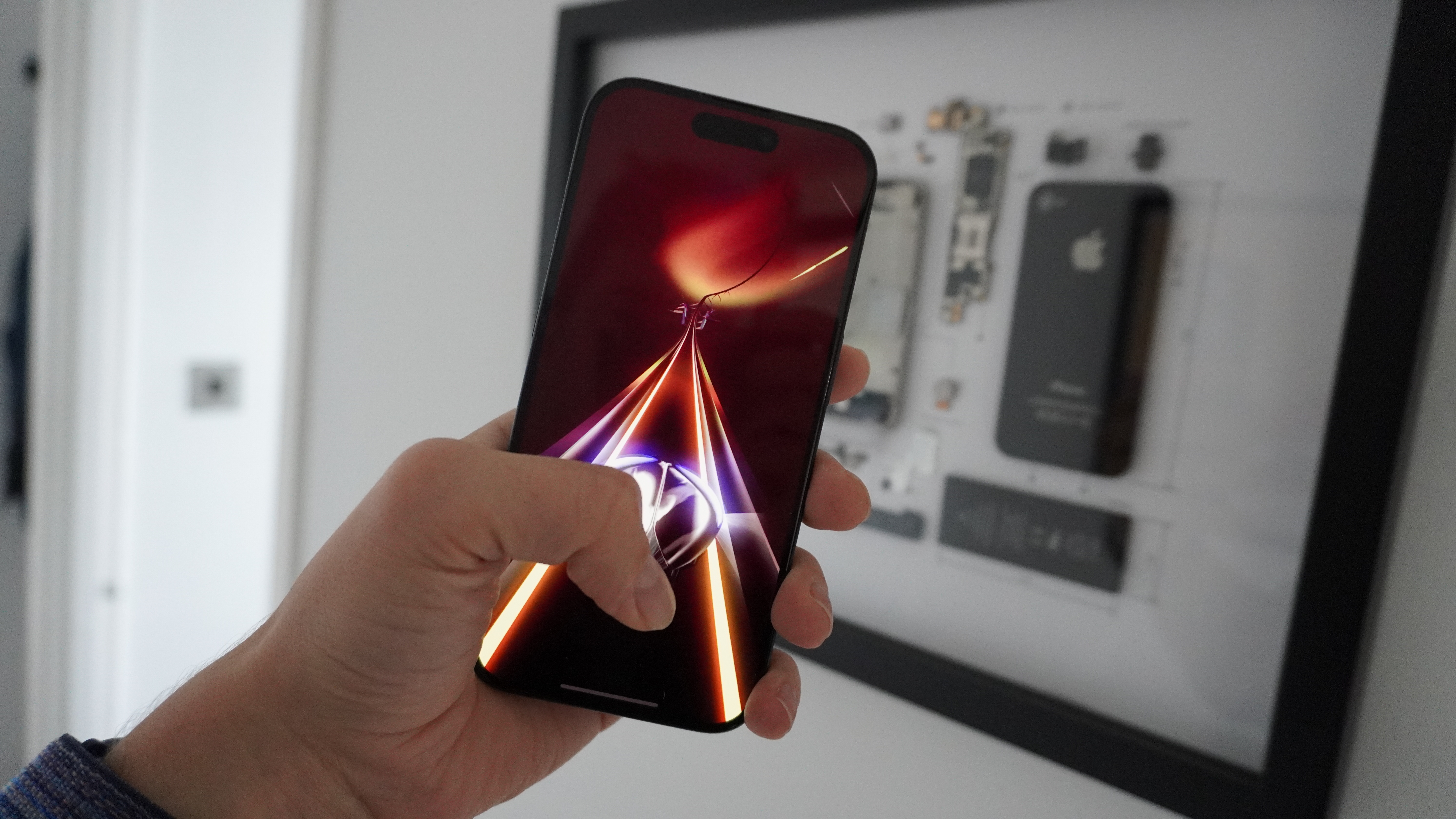Voice assistants and mobile apps have an intertwined history. Siri, the assistant that introduced many to voice assistants, started out as an app before being integrated into iOS. Even today, Google Assistant can be activated within the Google app on iOS or Android if, for example, you prefer a different voice assistant as the default. The main competitor would be Alexa, which is also available as a mobile app. ChatGPT, on the other hand, started on the web but launched its mobile app last May. Recently, Microsoft and Google have brought AI interfaces to dedicated mobile applications.
But long before ChatGPT asked the question of how artificial intelligence will change everything, simple voice assistants asked the question. If you’re so smart, why do I still have to do so much on my phone with apps? Why do I even need to know which apps I should have? In 2019, Google followed up an impressive demonstration of its Duplex technology that can make phone restaurant reservations with a car reservation demonstration, automating the journey through the car rental company’s app. But years later, such a task still typically involves visiting the website or app of a travel booking company like Expedia or a car rental company like Avis or Enterprise. Google, which launched Duplex on the web to offer automation for other websites, close that effort immediately following the launch of ChatGPT in late 2022. Something about the generative AI mandate seems to require severing ties with previous efforts. Isn’t that right, Cortana?

Voice assistants simply lacked the functionality to provide an experience useful enough to replace app-based tasks. But in 2021, I wrote about a new app called Natural which focused on using artificial intelligence to perform tasks such as booking flights and buying gifts without guiding you through app experiences. The company that developed it, Brain.ai, recently took the stage at Mobile World Congress to announce that it is working with Deutsche Telekom’s private-brand phone group (which makes T-Phones for companies outside the US and Revvl devices for T-Mobile US). publish first in the world phone experience without an app by accessing Natural directly from the home screen. However, Brain.ai founder Jerry Yue admits that the idea of a smartphone without apps is still aspirational and that the device will support apps.

That being said, claims of the first app-less experience could be reasonably challenged by Rabbit, a startup that made a splash at CES with a video demonstrating a tiny mobile device that doesn’t run Android or any other app-powered OS. All of Rabbit’s intelligence lives in the cloud where it uses a mix of Brain.ai-style API access and what it calls neuro-symbolic techniques to take a next-generation Duplex approach to navigating web-driven tasks without users having to interact with them outside of authentication, which can do in advance. But even if the Rabbit device can do everything you can do with an app, that doesn’t mean it can. In one demo, Rabbit founder and CEO Jesse Lyu demonstrates what might be the most awkward way to add a column to an Excel spreadsheet by using the Rabbit device to issue a command and then email the service back a revised version of the spreadsheet. The point is that Rabbit’s technology can work with traditional desktop apps, not just fluffy mobile social apps.

The web started out hosting just content (mostly text) and can now handle a critical mass of features previously required by desktop applications, AI technologies from companies like Brain.ai and Rabbit show that AI is progressing from content generation to getting things done ( off auxiliary supports such as home appliance controls). Although they took two different approaches to the devices (Natural’s smartphone interface overlay versus Rabbit’s streamlined phone), they could work on any number of smartphones or even dumb phones. But that doesn’t mean the apps are going away anytime soon. Even if one of these technologies assimilated all the pain that apps will deal with tomorrow, it would have little impact on what is by far the largest category of smartphone apps: games. However, in the long run, app-less phones could reduce the need for phones with large screens and powerful processors, the devices that have fueled the mobile gaming market.